Unlock the future scope and benefits of pursuing B.Sc. Cardiovascular Technology, as the demand for cardiovascular specialists continues to grow in hospitals and healthcare facilities.
Future Scope & Benefits for Bachelor of Science (B.Sc.) Cardiovascular Technology Course
Cardiovascular technology is a specialized field within healthcare that plays a crucial role in diagnosing and treating cardiovascular diseases. A Bachelor of Science (B.Sc.) in Cardiovascular Technology is an undergraduate program designed to prepare students for careers in this highly specialized and critical field. This degree offers a promising future scope and numerous benefits in a healthcare landscape where cardiovascular diseases are a leading cause of mortality. In this article, we will explore the future scope and advantages of pursuing a B.Sc. in Cardiovascular Technology. A B.Sc. in Cardiovascular Technology is typically a four-year program that provides students with a comprehensive understanding of cardiovascular anatomy, physiology, pathology, and the use of advanced technology to diagnose and treat cardiovascular conditions. Students gain practical experience through clinical rotations and hands-on training in cardiac catheterization labs, echocardiography labs, and other healthcare settings.
Future Scope of B.Sc. in Cardiovascular Technology
The future of cardiovascular technology is exceptionally promising, given the increasing prevalence of cardiovascular diseases and the demand for skilled professionals to diagnose and manage these conditions. Graduates with a B.Sc. in Cardiovascular Technology are well-prepared to work in various healthcare settings. Here are key areas where they can make significant contributions:
-
Cardiac Catheterization Labs: Professionals in this field can work in cardiac catheterization labs, assisting cardiologists in performing diagnostic and interventional procedures, such as angiograms and angioplasties.
-
Echocardiography Labs: Graduates can become echocardiography technicians, specializing in using ultrasound technology to create images of the heart's structure and function.
-
Vascular Laboratories: Vascular technologists assist in the diagnosis of vascular diseases by using ultrasound to evaluate blood flow and detect blockages or abnormalities in blood vessels.
-
Cardiac Rehabilitation Centers: Professionals can work in cardiac rehabilitation centers, helping patients recover from cardiovascular procedures and providing lifestyle guidance for heart health.
-
Electrophysiology Labs: Electrophysiology technologists assist in diagnosing and treating abnormal heart rhythms (arrhythmias) through procedures like electrophysiology studies and ablations.
-
Non-Invasive Cardiology: Non-invasive cardiac technologists perform diagnostic tests such as electrocardiograms (ECGs or EKGs), stress tests, and Holter monitoring.
-
Cardiovascular Research: Graduates may choose to work in cardiovascular research, participating in clinical trials and studies to advance their understanding of cardiovascular diseases and treatment options.
-
Healthcare Administration: Some professionals may transition into healthcare administration roles, where they manage cardiovascular departments and facilities.
Benefits of Pursuing a B.Sc. in Cardiovascular Technology
Pursuing a B.Sc. in Cardiovascular Technology offers numerous benefits, making it an attractive choice for individuals interested in healthcare and cardiovascular care. Here are some of the key advantages:
-
Job Stability: Cardiovascular diseases are a leading cause of mortality worldwide, ensuring a constant demand for cardiovascular technologists and healthcare professionals.
-
High Demand: Graduates are in high demand in the healthcare industry, with a growing need for professionals who can diagnose and treat cardiovascular conditions.
-
Specialized Expertise: The program provides specialized expertise in cardiovascular care, making graduates highly skilled and valued in their field.
-
Career Advancement: With experience, professionals can advance their careers into supervisory or leadership roles within cardiovascular departments.
-
Positive Impact: Professionals have the opportunity to make a significant positive impact on patients' lives by diagnosing and treating cardiovascular diseases.
-
Continuous Learning: The field of cardiovascular technology is dynamic, requiring professionals to stay updated on the latest technologies and treatment approaches.
-
Interdisciplinary Collaboration: Cardiovascular technologists often work closely with cardiologists, nurses, and other healthcare professionals, fostering interdisciplinary collaboration.
 3 Years
3 Years
 Under Graduate
Under Graduate
 Science
Science
 Full Time
Full Time
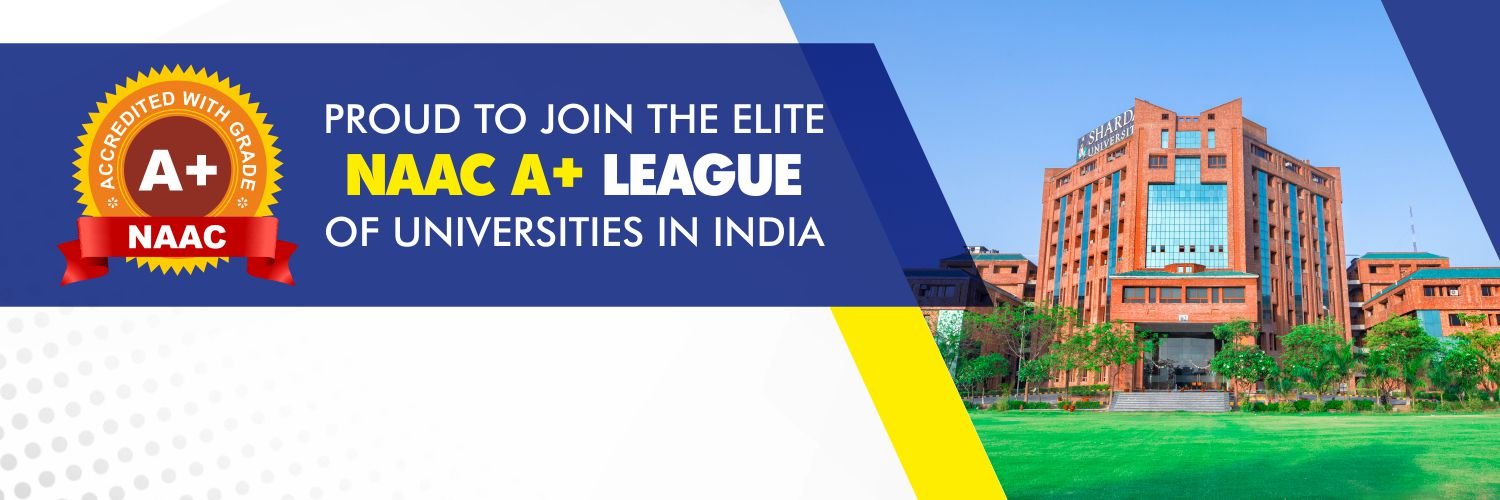
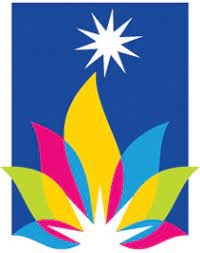
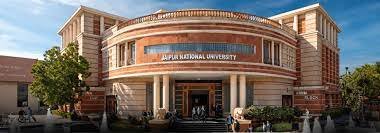
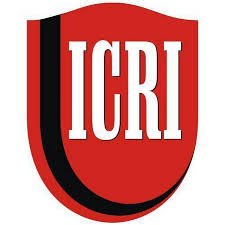
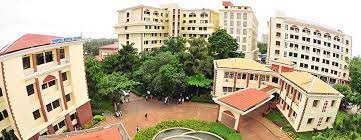
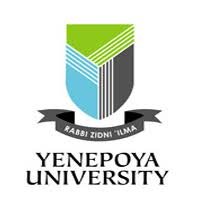
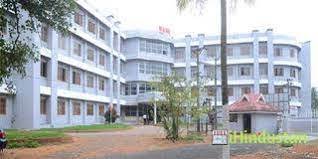
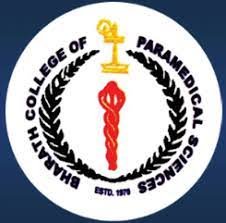
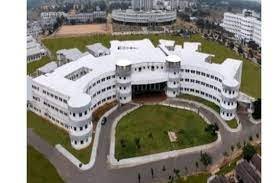
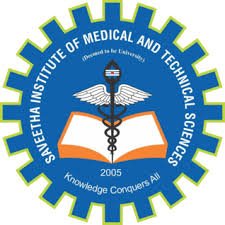
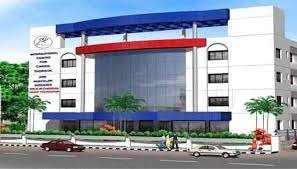
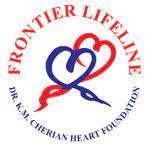
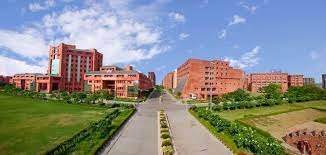
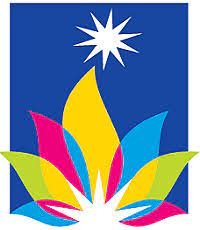
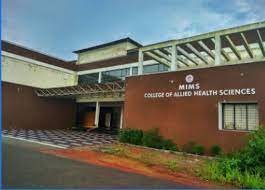
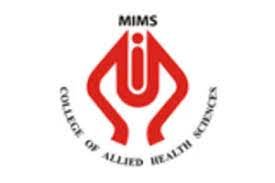

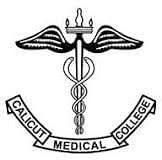

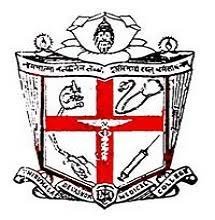

 back
back

